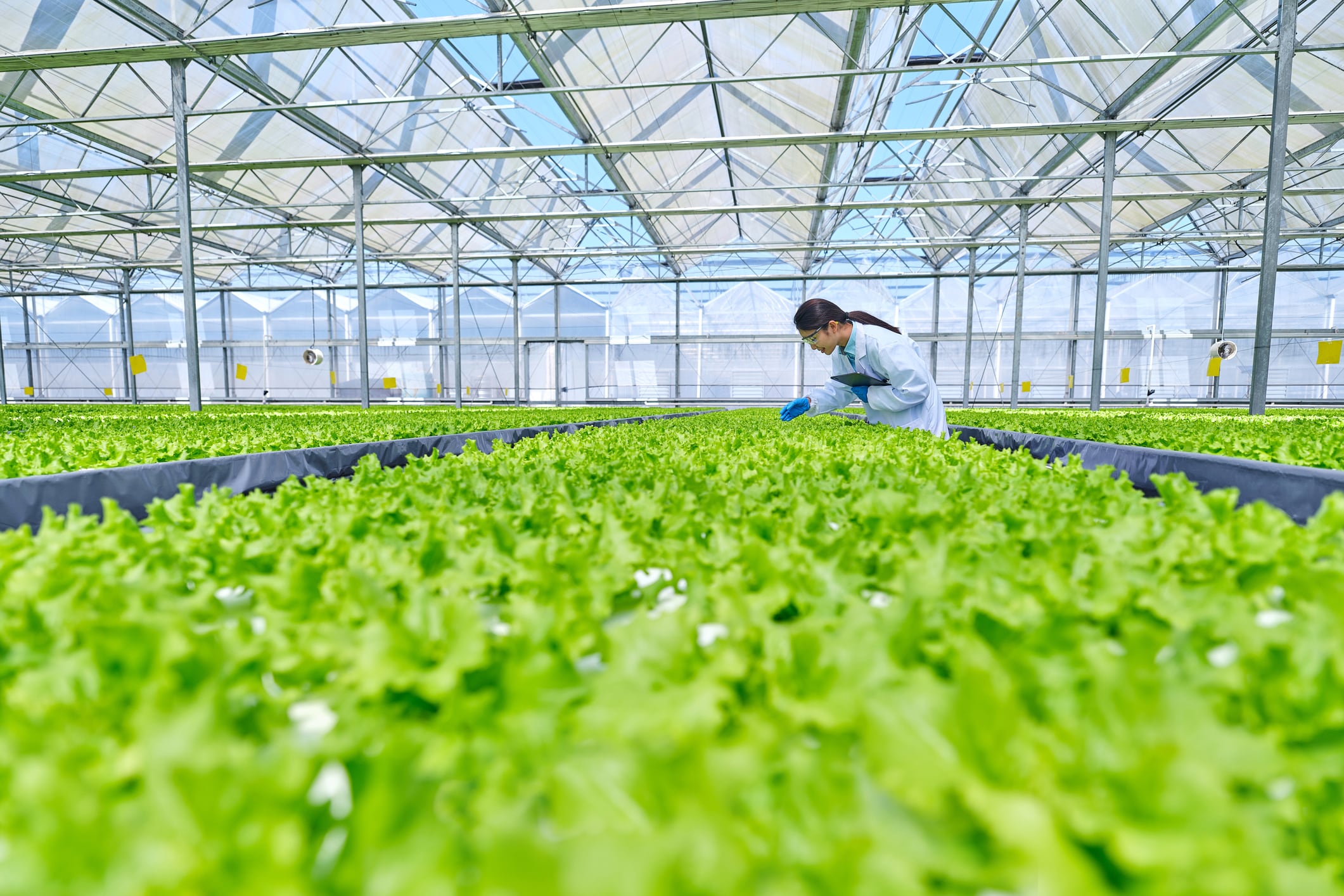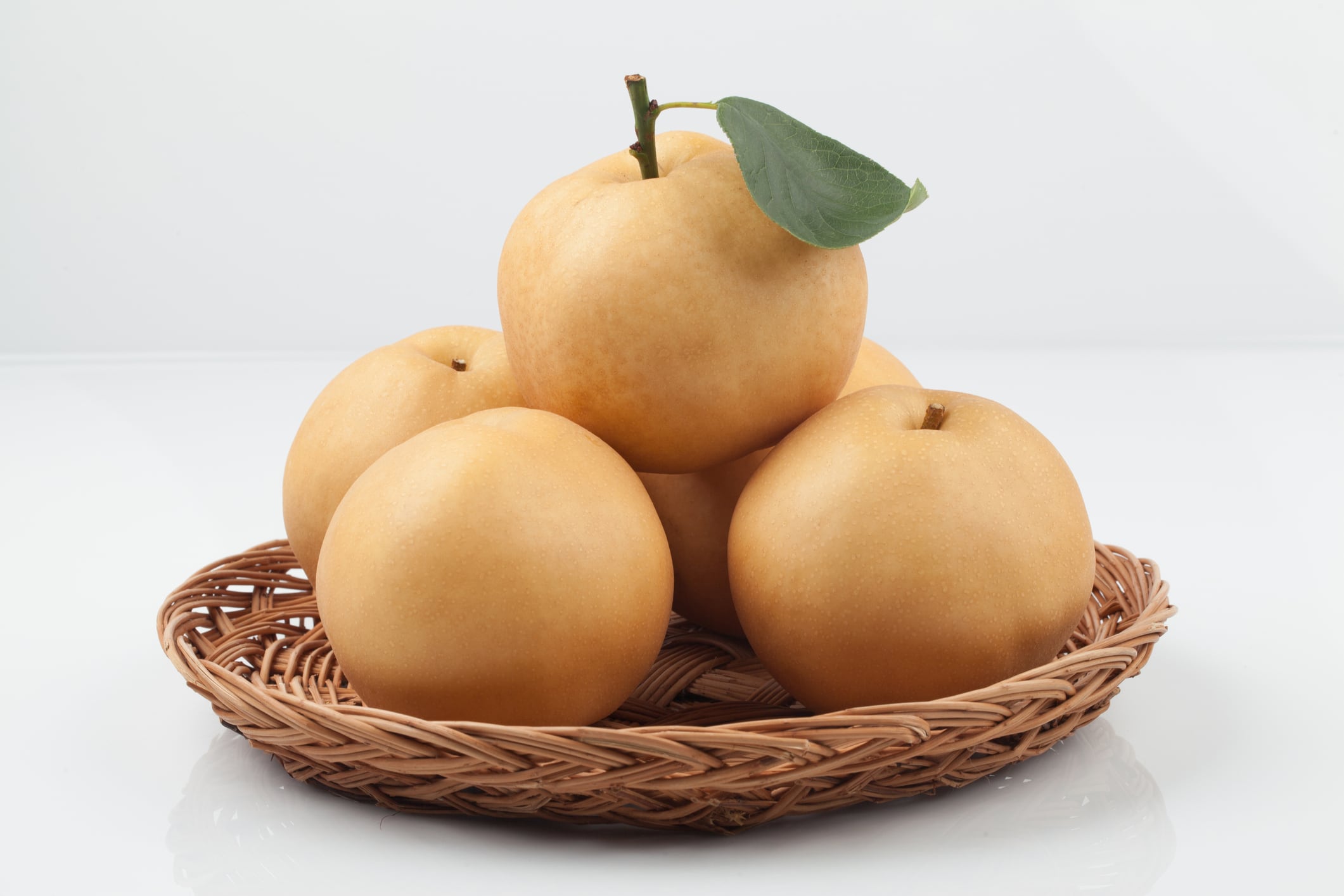Indoor farming was touted as the cutting-edge answer to food security, but we have seen many ventures face significant challenges that have limited their potential.
The sector has been plagued by economic and operational struggles, such as the high costs of energy or a limited appetite from consumers.
Ray Poh, founder and managing director of Singaporean hydroponics startup, Artisan Green, also believes that indoor farming businesses tend to overlook the challenges of efficiently distributing produce.
“This is where many farms fail: the downstream distribution side. They could invest in their own delivery vans, but it’s not as efficient as partnering with a strategic distributor. If you look at farms overseas, they have growers that focus on growing, packers handle packaging, and marketers handle sales and distribution. By aggregating products from multiple farms, they actually have economies of scale.”
This challenge in Singapore is more apparent, as farm there are smaller and fragmented.
While the Singaporean government has encouraged the establishments of more farms, not many of them survived long term.
“I’ve always advocated that if farmers really wanted to get into this business, they need to have a strategic partner, like a distributor. Otherwise, you’ll be able to grow crops, but you won’t be able to fulfil these orders at scale,” Poh told AgTechNavigator.
Artisan Green gets around these issues because Poh also owns a food distribution business.
“In our case, we just so happen to operate a food distribution company alongside our farm. This allows us to efficiently market and distribute our products. For example, a single box of microgreens might sell for $8, but instead of delivering just one box at a time, we collect multiple orders from the farm. We consolidate them at our warehouse and handle centralised distribution.
“The advantage is that our average order isn’t just microgreens—it includes meats, seafood, and other products, increasing the overall basket size and making logistics more cost-effective."
Artisan Green produces leafy greens like baby spinach, herbs like coriander, as well as microgreens for the food and beverage sector.
It currently operates a 300sqm indoor farm in Kallang, on the fringes of central Singapore and is set to expand to a 2-hectare site by the end of 2025.
“Because of our space, we can’t produce as much as we want. And we have a reverse problem from other farms in that our demand is more than our supply. We’re getting that solved with more space,” said Poh.
In addition to new a new site, Artisan Green has partnered with global tech giant Siemens to build a platform that would allow it to digitise its processes.
“There’s a lot of science involved in terms of mixing the nutrients, how much to dose, lighting hours… These crop protocols will be digitised on the platform. We’ll gave crop recipes on this platform. So basically, from a seedling stage all the way until harvesting, and whether it’s a cut and regrow kind of crop, it’s all stored in this platform. We do the research this one time, and then after that, we upload the entire process of how it grows in this platform, and it executes it without us having to monitor it in future.”
The initial investment for this expansion is roughly S$15 million and the company is projecting and annual revenue of S$14million in the first year.
Poh declined to comment on the firm’s current revenue.





